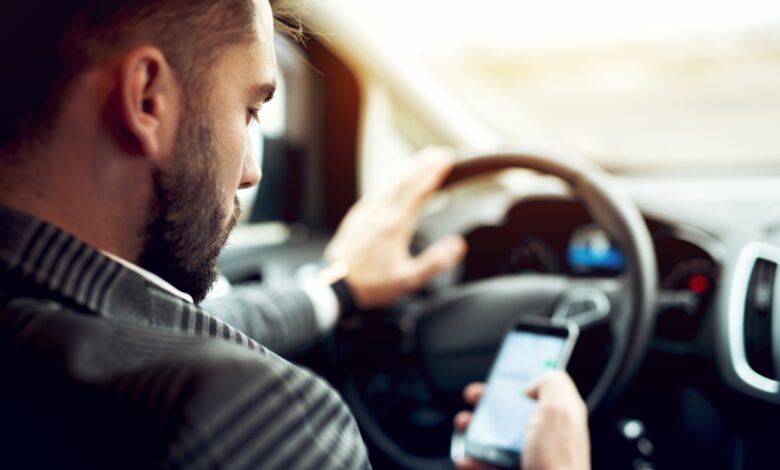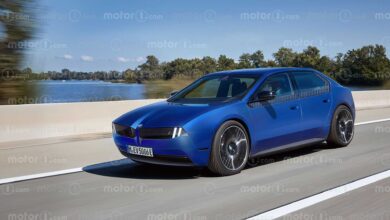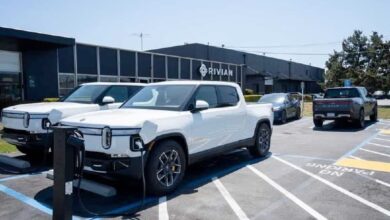J.D. Power study finds OEM mobile apps have become essential to EV owners

When it comes to electric vehicles, a mobile app is almost essential equipment, according to the latest study from J.D. Power.
The 2024 U.S. OEM EV App Report found 90% of the almost 1,300 U.S. EV owners surveyed said they use the apps, up from 88% in 2023 and 81% in 2022. And 67% of them said they use their brand’s app at least half of the time they drive.
Those numbers, J.D. Power said, illustrate the importance of EV mobile apps that prioritize owners’ needs related to charging capability, vehicle status and remote control functionality.
“The overall experience and performance of electric vehicle mobile apps has improved year over year as manufacturers continue to identify areas of opportunity, including feature contenting, usability and overall connectivity,” J.D. Power director of benchmark consulting Jason Norton said.
“However, a continued focus on the specific needs of EV owners is needed to further improve the user experience and trust.”
The brands that do that the best, the report said, are Tesla and Hyundai.
Tesla ranked No. 1 overall and in the premium segment, according to the J.D. Power study, with a score of 847 on a 1,000-point scale. Mercedes me connect was next among premium brands at 843, followed by My BMW at 834.
MyHyundai with Bluelink scored 835 to take the top spot among mass market brands, with Kia Access (829) and FordPass (810) ranking second and third.
Hyundai Motor North America vice president of digital business planning and connected operations Manish Mehrotra called his brand’s top ranking “a huge achievement for us.”
“Not only did Hyundai lead J.D. Power’s study,” he said, “our substantial year-over-year score improvement results underscore this company’s steadfast commitment to delivering a superior user experience through continuous improvement.”
The report included several other findings.
App connectivity: The overall percentage of EV owners who experienced a connection problem was unchanged from the 2023 study at 38%, but a breakdown of that number shows a clear trend. The percentage of Tesla owners who had connection problems has risen from 20% in 2022 to 30% in 2023 to 35% this year, which J.D. Power analysts said suggests increasing app usage is straining Tesla’s app network capacity. Meanwhile, non-Tesla owners experiencing connection issues dropped from 44% last year to 40% in 2024.
Features: The report said top-performing brands are addressing the needs and features desired by owners, such as the ability to accurately monitor an active charge and set charging preferences, and plug and charge integration for a better public charging experience. Of the 25 most common app features, 20 were cited as desirable by more than 70% of EV owners. All but one of the charging-related features were scored higher in desirability than in past years.
Effect on EV shoppers: While 62% of Tesla owners said the availability of a smartphone app had at least a moderate effect on their purchase decision, just 34% of non-Tesla EV owners said the same. J.D. Power analysts said that suggests OEMs need to do a better job of communicating the availability and feature content of their smartphone apps to help attract shoppers.
Dealership impact: Nearly three-fourths (72%) of EV owners said they received some type of assistance from the dealership with the app, up from 70% in 2023. Nearly 88% of premium brand owners (excluding Tesla) received dealership support vs. 74% of mass market EV owners. Owners who received assistance from their dealership are more likely to use the app and to be satisfied with it than those who did not.



